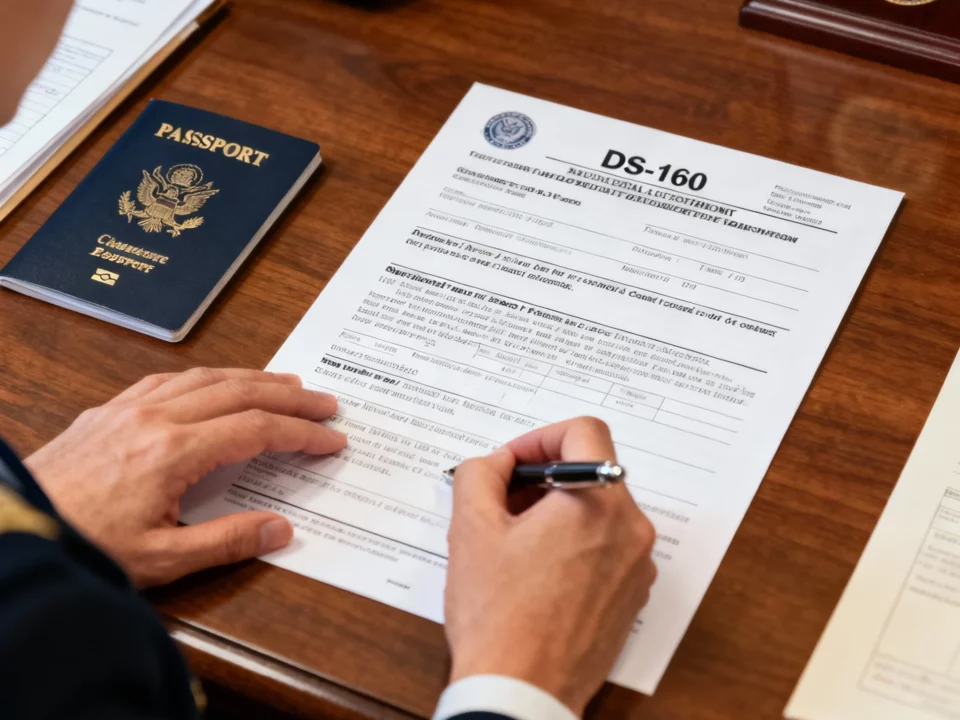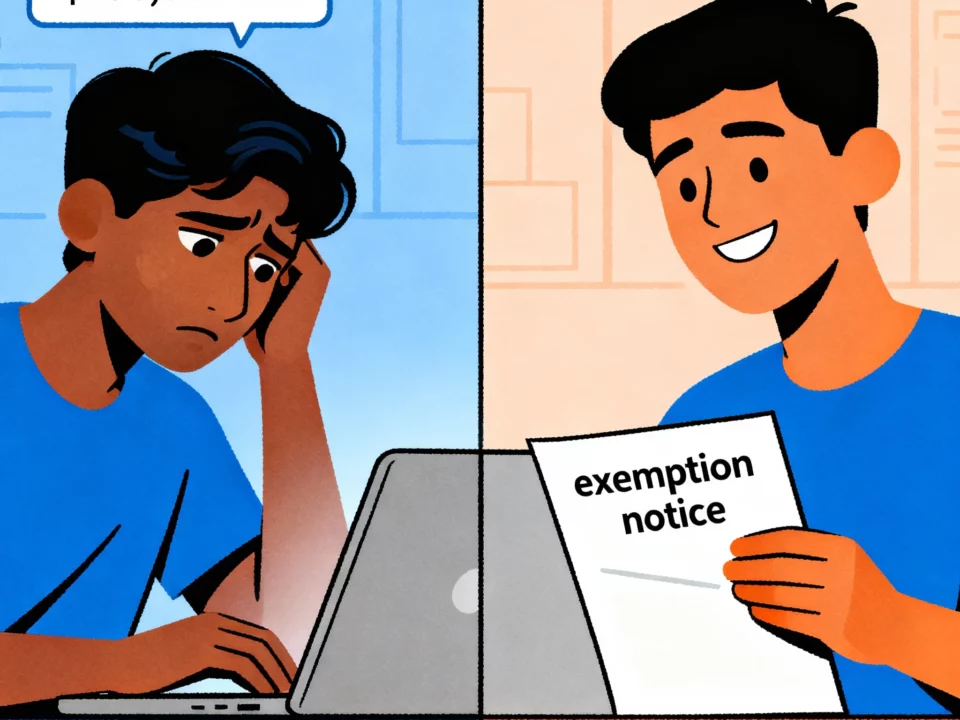F1 Visa Decline for Indians: Key Trends, Challenges, and Solutions
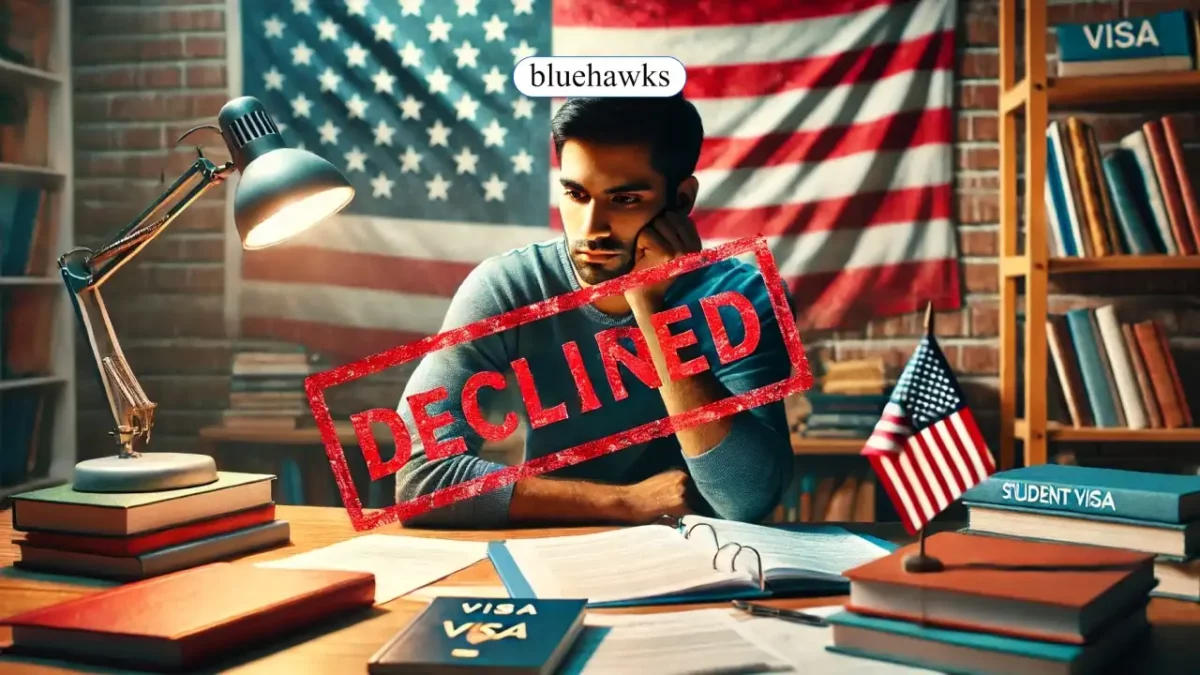
F1 Visa Decline for Indians: Key Trends, Challenges, and Solutions
Estimated reading time: 5 minutes
America has long been the dream destination for Indian students seeking higher education. Its world-class universities, modern infrastructure, and opportunities for career growth have made it a magnet for talent. However, the year 2024 has witnessed a startling F1 visa decline for Indians, with approvals dropping to their lowest level since the pandemic.
This trend is a wake-up call for students, institutions, and policymakers alike. In this blog, we will analyze the reasons behind this decline, its implications, and what Indian students can do to overcome these challenges.
Table of contents
Understanding the F1 Visa Decline for Indians
F1 Visa Trends: A Look at the Numbers
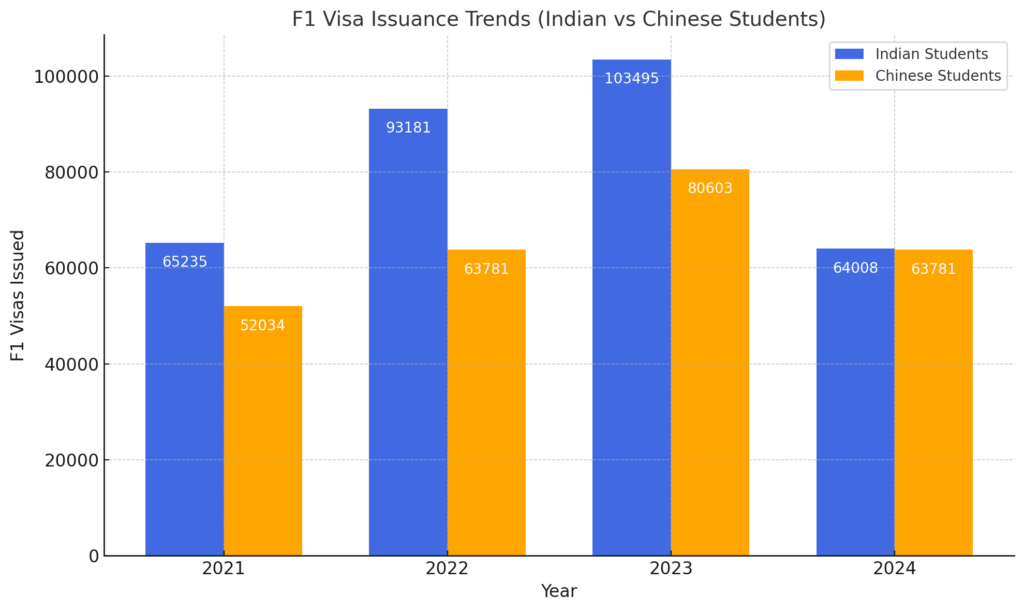
Data from the US State Department reveals a 48% decline in F1 visas issued to Indian students during the first nine months of 2024 compared to the same period in 2023. This marks a significant drop, reversing the upward trend seen in previous years.
| Year | Indian F1 Visas Issued | Chinese F1 Visas Issued | Decline for Indian Students |
|---|---|---|---|
| 2021 | 65,235 | 52,034 | – |
| 2022 | 93,181 | 63,781 | – |
| 2023 | 1,03,495 | 80,603 | – |
| 2024 | 64,008 | 63,781 | 48% |
Key Observations:
- Indian Students: Approvals plummeted from 103,495 in 2023 to 64,008 in 2024, reaching their lowest level since 2020.
- Chinese Students: Though fewer Chinese students were granted F1 visas (down by 8%), their decline is less severe than for Indian students.
- Global Impact: A Keystone Education Group survey found that 42% of international students are no longer considering studying in the US, indicating a global shift in preferences.
Why Is There a Decline in F1 Visas for Indians?
1. Stricter Scrutiny in Visa Approvals
US authorities have intensified their review processes, focusing on financial documents, academic intent, and ties to the home country. Many applications are now rejected under clause 214(b), which assesses whether the applicant intends to return to their home country after completing their studies.
2. Prolonged Waiting Times
The extended waiting period for F1 visa interviews has caused many students to explore faster options like Canada, the UK, and Germany.
3. Rising Tuition Costs
Tuition fees at American universities are increasing, making it challenging for many families to afford an education in the US. Financial proof has become a critical factor in the approval process, and students without solid funding often face rejection.
4. Global Shift in Student Preferences
As other countries offer affordable education, easier visa processes, and attractive post-study work opportunities, the US is losing its competitive edge.
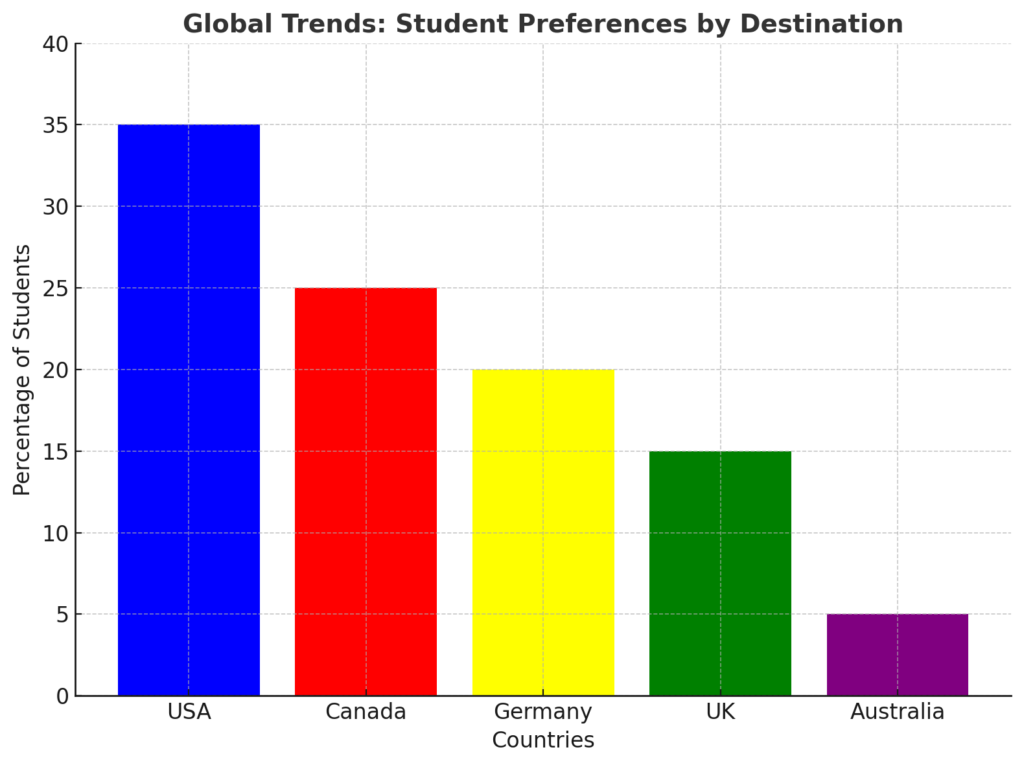
Economic and Institutional Impact
Contribution of Indian Students to the US Economy
Indian students contribute over $14 billion annually (equivalent to ₹11.86 trillion) to the US economy, largely through tuition fees and living expenses. A sustained decline in enrollments could severely impact smaller colleges and universities, which depend heavily on international students for revenue.
Risk of College Closures
A report by the Federal Reserve Bank of Philadelphia warns that over 80 colleges in the US may face closure if enrollments drop by 15%. Between 2010 and 2021, enrollment at US institutions already declined by 15%, and the current trend could accelerate this crisis.
Why a Casual Approach No Longer Works
The F1 visa decline for Indians underscores the need for meticulous preparation. Here’s why:
1. Increased Documentation Requirements
Incomplete or inconsistent documentation is now more likely to result in rejection. Proof of financial stability, academic intent, and ties to India must be flawless.
2. Intense Scrutiny on Intent
Visa officers are paying closer attention to applicants’ post-study plans. Students must clearly demonstrate their intention to return to India after completing their education.
3. Competitive Application Environment
With a higher rejection rate, only the most well-prepared applicants stand a chance. A casual approach to interviews or document submission can lead to rejection under clause 214(b).
How Indian Students Can Adapt
1. Strengthen Your Application Profile
- Clearly outline your academic and career goals in your Statement of Purpose (SOP).
- Provide strong financial proof, such as bank statements or loan sanction letters.
- Highlight your ties to India, such as family businesses, properties, or cultural commitments.
2. Seek Professional Guidance
Consult visa experts or education consultants to prepare your application and mock interviews. Professional guidance can help avoid common pitfalls and increase approval chances.
3. Explore Alternative Destinations
Countries like Canada, Germany, and the UK offer competitive education and easier immigration pathways. Keeping backup options open is essential in today’s visa landscape.
The Road Ahead: Strategic Preparation Is Key
The F1 visa decline for Indians is a significant challenge, but it is not insurmountable. With meticulous preparation, expert guidance, and a strong application profile, Indian students can continue to pursue their dreams of studying abroad.
The key is to approach the visa process with seriousness, leaving no room for errors. Whether by enhancing financial proof, clarifying academic goals, or exploring alternatives, students must adapt to the changing dynamics of international education.
Key Takeaways for Decline in Indian F1 Visas
- F1 visa approvals for Indian students have declined by 48% in 2024.
- Rising tuition costs, longer waiting times, and stricter scrutiny are major challenges.
- Students must adopt a strategic approach, with professional guidance and robust documentation.
- Alternatives like Canada, Germany, and the UK are gaining traction among Indian students.
The dream of studying in the US remains alive, but achieving it now requires more effort and preparation than ever before.


